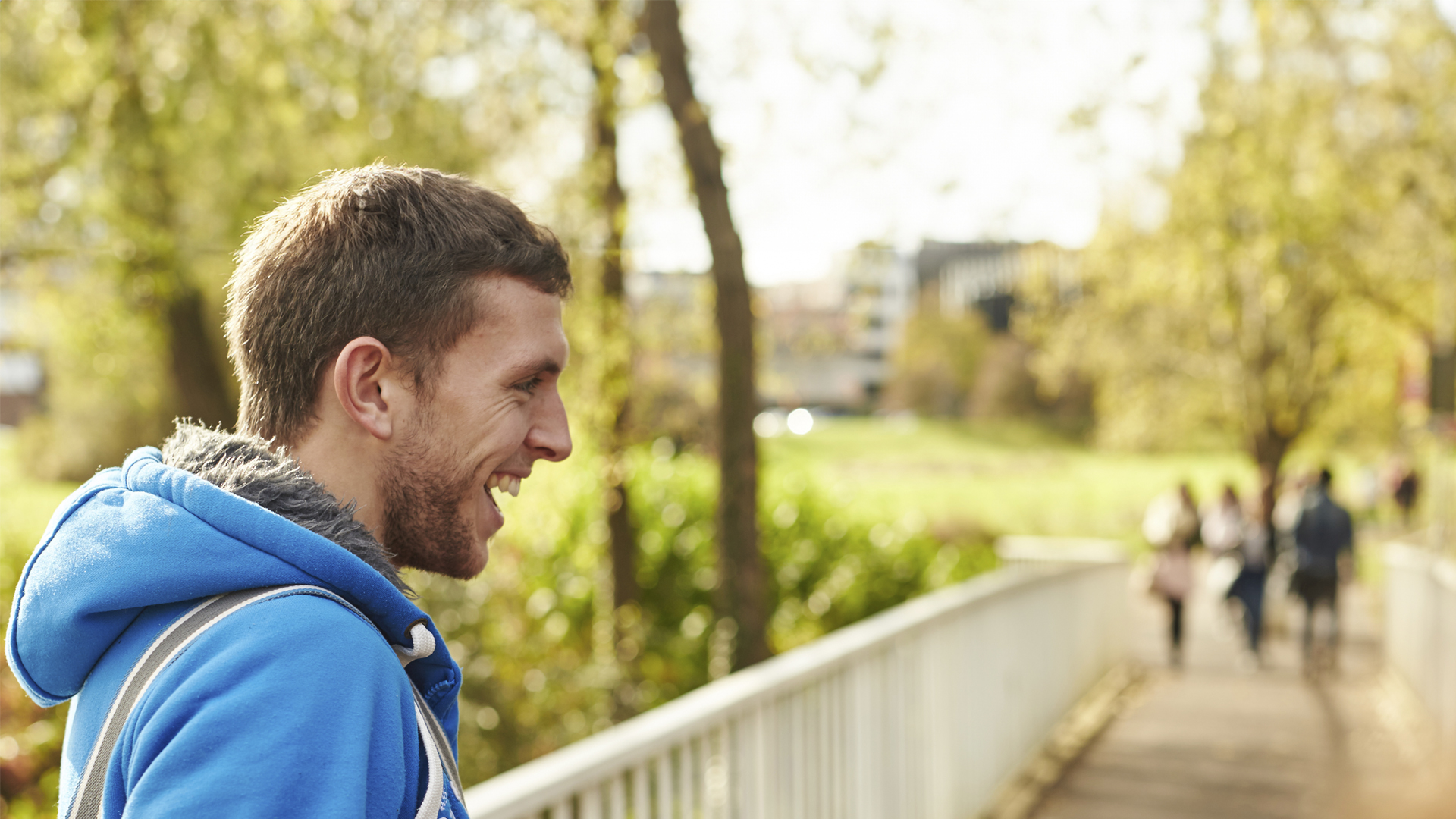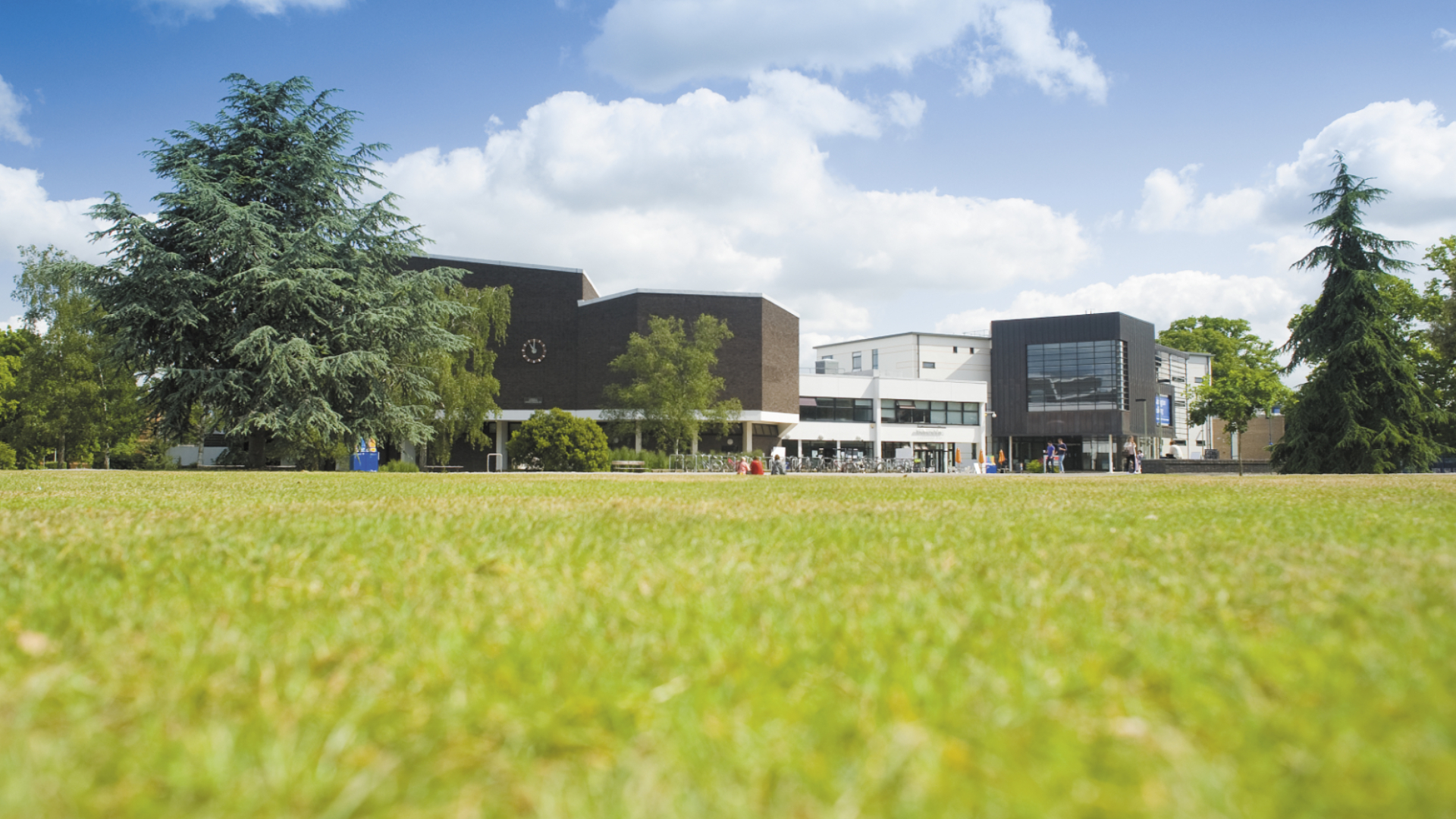There is a pressing need to develop accurate and safe COVID-19 antibody tests that can be conducted at home. Ideally, we need home tests to avoid a medically trained person coming into close contact with the individual being tested. Equally important is for tests to be easy to access, ideally without having to visit a hospital or test centre.
The UK government is committed to supporting home testing for COVID-19 antibodies. But because COVID-19 is new, there are currently no safe and approved protocols in place for home testing.
It is absolutely vital that any test is accurate and safe, and that people know what they need to do to effectively carry out the test.
When antibody tests are refined and become available in the coming months, you can help ensure people know how to use them in the most effective and safe way.
Will people find it easy to use home antibody tests? Our initial small study identified three common ways that participants interpreted instructions differently than intended – including how to add your sample to the test and when to read the test results. We want to build on this study, not only to fully understand sources of error, but also to develop and test improved instructions to avoid any potentially inaccurate outcomes. An unreliable test could be catastrophic for the individual, but also undermines our ability to manage the virus across our communities.
We have an outstanding team at the University of Reading. Dr Al Edwards will work with experts in information design from our world-leading Department of Typography. Information designers ensure that instructional text is easy to understand and take into account the needs of the users. This work will be underpinned by Dr Edwards’ and his colleagues in the School of Pharmacy and their expertise in current and future diagnostic testing technology, together with our biomedical science team’s understanding of the virology of coronaviruses such as COVID-19.
Together, we will investigate the best ways to present test kit instructions that enable people to conduct effective antibody testing at home, while minimising the chance of erroneous results. We will use 3D printing to give participants accurate models of real tests to try out in their own home, allowing us to rapidly modify tests and make them simpler to use in the real world. We will explore whether video tutorials alongside written instructions make it easier to avoid mistakes. We will also investigate whether live video consultations could not only improve test accuracy, but help to answer any questions people might have about the test result.

All of the work we do is part of the national and international effort to combat the COVID-19 pandemic. There are so many unknowns about COVID-19, including the best antibody tests, the most effective way to conduct these tests, and how to make use of test results to keep people safe into the future.
Your support will mean you are playing a vital part in helping reduce these uncertainties, and move us all a step closer to loosening COVID-19’s grip on our lives and livelihoods.
- £100 will fund the study for one participant to work with us to co-design and evaluate instructions for using the testing kits
- £300 will fund the 3D printer materials for one month
- £1,000 will pay for the redesign of an improved test kit
- £5,000 will allow us to spend one month developing new instructions and video resources to make home testing easier and safer.
Find out more about the study, or if you can support this research through volunteering, please click on the link below to register your interest in getting involved.







